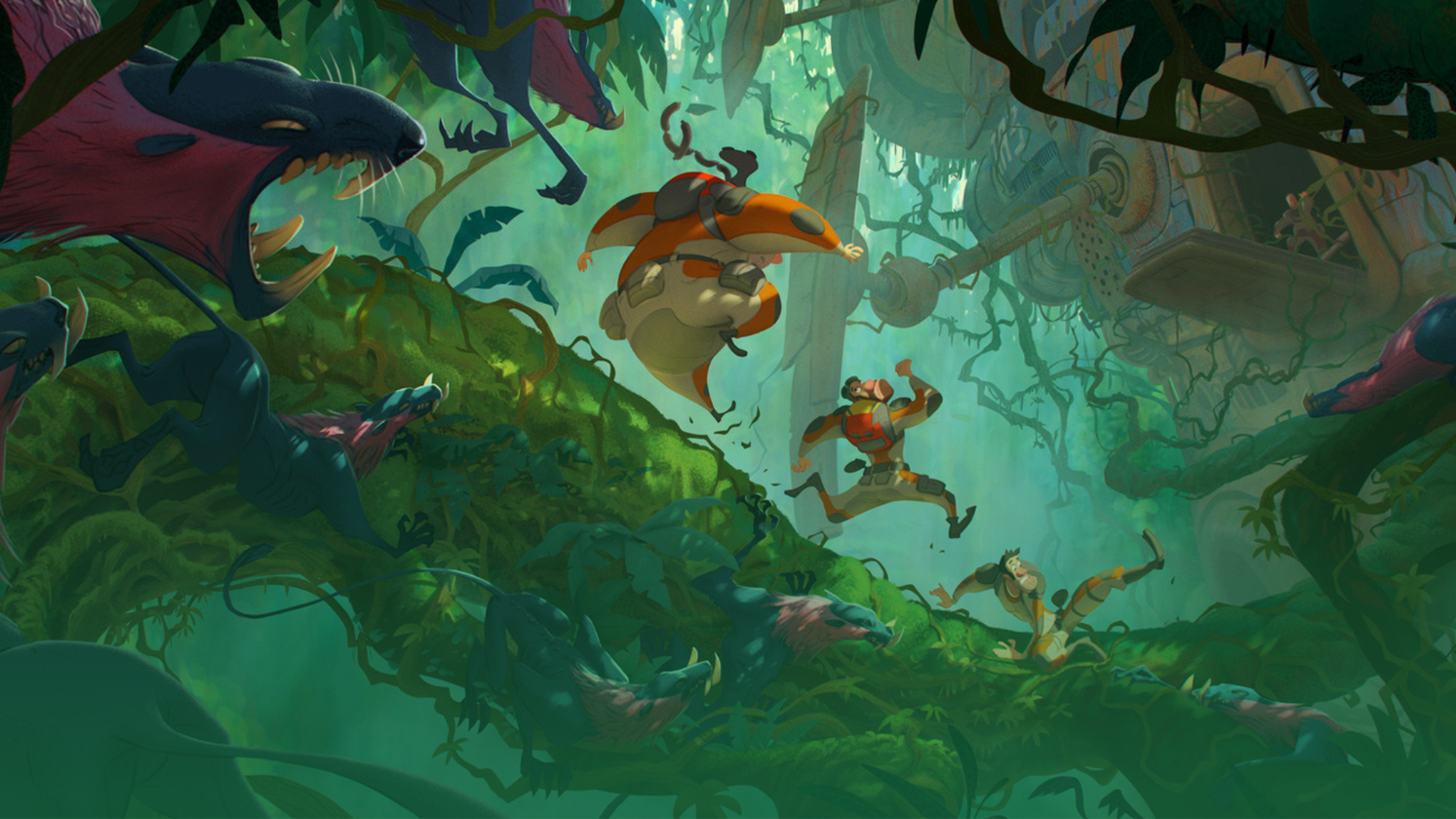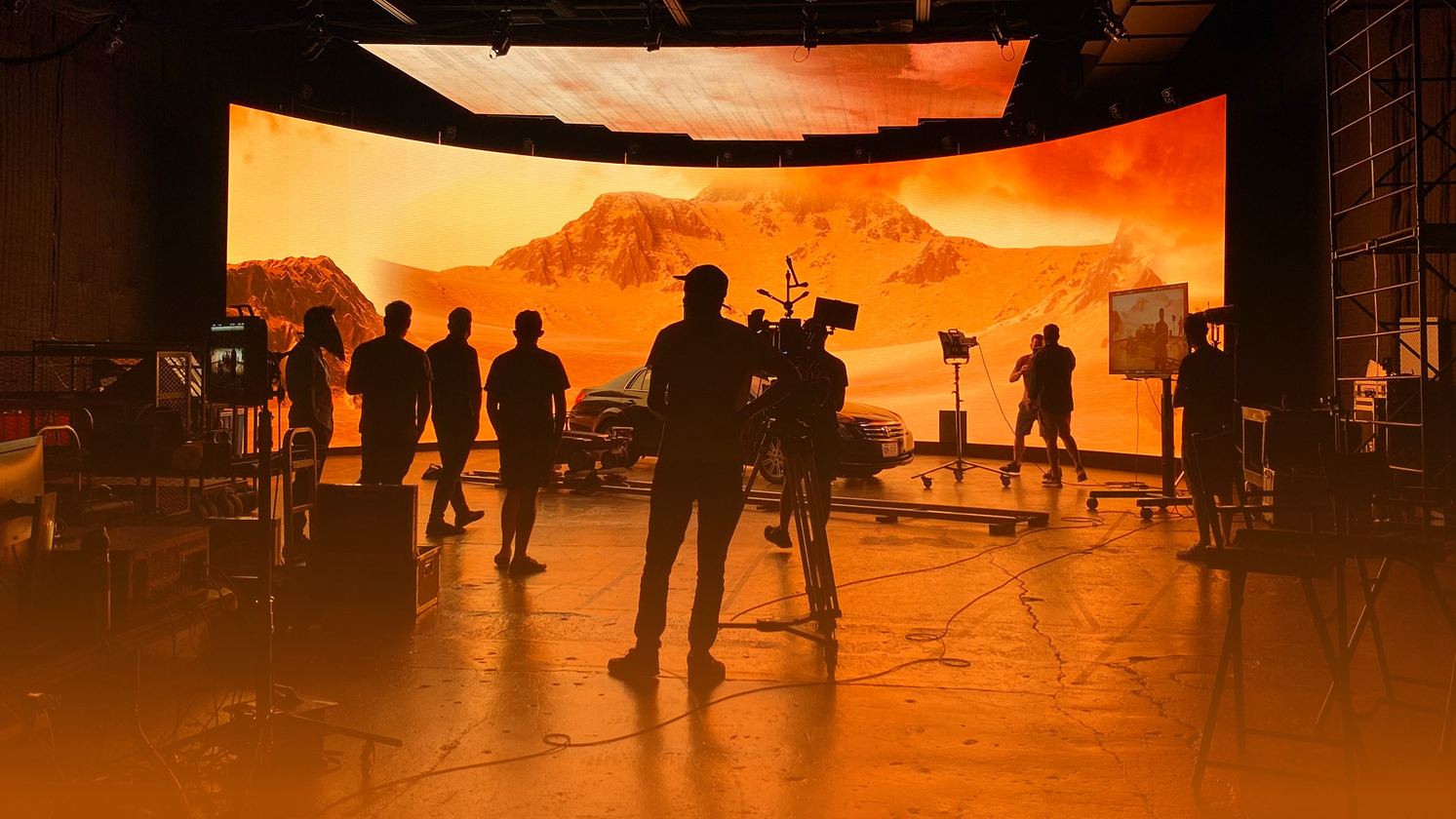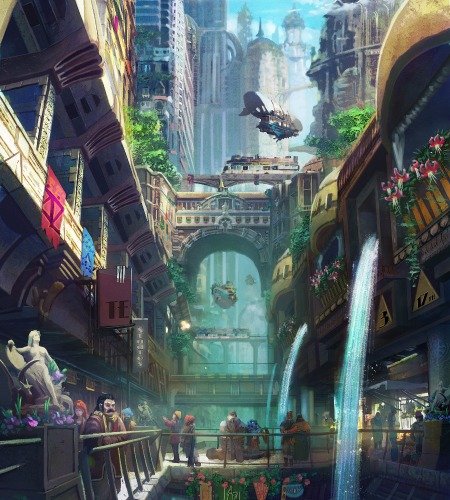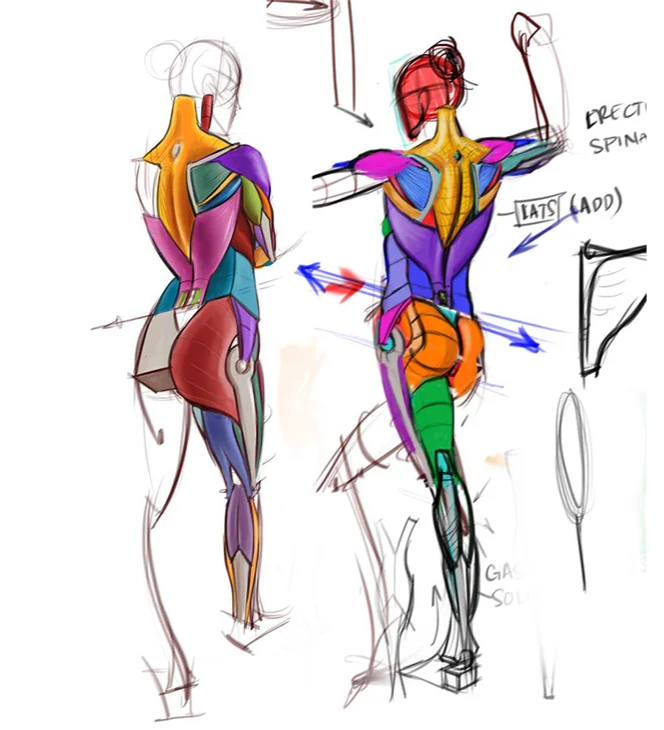Is Online Art Education for You?
Art is everywhere nowadays. Museums, galleries, your favorite TV show, the game you could not stop playing for the past two days, your kid’s book, even in the stupid commercial you cannot get out of your head. So why is it that most people still picture an artist as a Renaissance-style painter facing his easel alone in a confined room?
 During this Italian Renaissance period, art was considered a trade that required a strict training like any other profession. In order to study this trade, apprentices would learn under the guidance of a Master. They would help with the preparation (grinding pigments, preparing wood panels for paintings, etc) and execution of the artistic process. Depending on their skills, apprentices would become professionals of these technical preparations or slowly start on the path to becoming Masters themselves one day.
The smell of linseed oil paint in the air and a bad bowl haircut aside, what really changed?
Apprentices are now called students and then interns, and the computer is the new canvas. The question is, do all students need to be in the same room in order to learn their craft from the Master?
During this Italian Renaissance period, art was considered a trade that required a strict training like any other profession. In order to study this trade, apprentices would learn under the guidance of a Master. They would help with the preparation (grinding pigments, preparing wood panels for paintings, etc) and execution of the artistic process. Depending on their skills, apprentices would become professionals of these technical preparations or slowly start on the path to becoming Masters themselves one day.
The smell of linseed oil paint in the air and a bad bowl haircut aside, what really changed?
Apprentices are now called students and then interns, and the computer is the new canvas. The question is, do all students need to be in the same room in order to learn their craft from the Master?
 With the shift of the entertainment industry towards digital art, it became standard to hire artists to work remotely to allow for more flexibility between projects and increase accessibility to talent regardless of location. Artists get feedback on their work via video conference and paintovers, and it works.
The industry itself has encouraged remote hiring, and digital art has become the standard for studio work, so we should wonder why a CG art education taught online is still such a foreign concept for so many.
Going even further, if you go to a brick-and-mortar school, you will see a bunch of students in a room on computers with a teacher projecting his screen behind him. So why not take this class online? What would be the difference? You would probably get a little less interaction with your classmates, even if forums and Q&As are there for this specific reason. You can still ask questions to your instructors, share works in progress and talk with other students.
If you cannot afford coming to Los Angeles, or you are local but cannot be in downtown by 3pm, because you already have a job and need to keep it for the moment (all valid reasons by the way), then maybe online is for you. You would have more flexibility to watch your lecture and feedback on your own time.
Ultimately, you cannot pick where the best artists in your field are located. Studios dictate this, not schools or where you happen to live. If you want to learn from these Masters you have to come to them, or you need to let them come to you. In the latter case, before, you had to wait for the occasional workshop. Now, online art education has offered you an alternative by coming to you directly. Would you still say no?
With the shift of the entertainment industry towards digital art, it became standard to hire artists to work remotely to allow for more flexibility between projects and increase accessibility to talent regardless of location. Artists get feedback on their work via video conference and paintovers, and it works.
The industry itself has encouraged remote hiring, and digital art has become the standard for studio work, so we should wonder why a CG art education taught online is still such a foreign concept for so many.
Going even further, if you go to a brick-and-mortar school, you will see a bunch of students in a room on computers with a teacher projecting his screen behind him. So why not take this class online? What would be the difference? You would probably get a little less interaction with your classmates, even if forums and Q&As are there for this specific reason. You can still ask questions to your instructors, share works in progress and talk with other students.
If you cannot afford coming to Los Angeles, or you are local but cannot be in downtown by 3pm, because you already have a job and need to keep it for the moment (all valid reasons by the way), then maybe online is for you. You would have more flexibility to watch your lecture and feedback on your own time.
Ultimately, you cannot pick where the best artists in your field are located. Studios dictate this, not schools or where you happen to live. If you want to learn from these Masters you have to come to them, or you need to let them come to you. In the latter case, before, you had to wait for the occasional workshop. Now, online art education has offered you an alternative by coming to you directly. Would you still say no?
 During this Italian Renaissance period, art was considered a trade that required a strict training like any other profession. In order to study this trade, apprentices would learn under the guidance of a Master. They would help with the preparation (grinding pigments, preparing wood panels for paintings, etc) and execution of the artistic process. Depending on their skills, apprentices would become professionals of these technical preparations or slowly start on the path to becoming Masters themselves one day.
The smell of linseed oil paint in the air and a bad bowl haircut aside, what really changed?
Apprentices are now called students and then interns, and the computer is the new canvas. The question is, do all students need to be in the same room in order to learn their craft from the Master?
During this Italian Renaissance period, art was considered a trade that required a strict training like any other profession. In order to study this trade, apprentices would learn under the guidance of a Master. They would help with the preparation (grinding pigments, preparing wood panels for paintings, etc) and execution of the artistic process. Depending on their skills, apprentices would become professionals of these technical preparations or slowly start on the path to becoming Masters themselves one day.
The smell of linseed oil paint in the air and a bad bowl haircut aside, what really changed?
Apprentices are now called students and then interns, and the computer is the new canvas. The question is, do all students need to be in the same room in order to learn their craft from the Master?
Does the Master need to be in the same room now that the canvas is digital?
 With the shift of the entertainment industry towards digital art, it became standard to hire artists to work remotely to allow for more flexibility between projects and increase accessibility to talent regardless of location. Artists get feedback on their work via video conference and paintovers, and it works.
The industry itself has encouraged remote hiring, and digital art has become the standard for studio work, so we should wonder why a CG art education taught online is still such a foreign concept for so many.
Going even further, if you go to a brick-and-mortar school, you will see a bunch of students in a room on computers with a teacher projecting his screen behind him. So why not take this class online? What would be the difference? You would probably get a little less interaction with your classmates, even if forums and Q&As are there for this specific reason. You can still ask questions to your instructors, share works in progress and talk with other students.
If you cannot afford coming to Los Angeles, or you are local but cannot be in downtown by 3pm, because you already have a job and need to keep it for the moment (all valid reasons by the way), then maybe online is for you. You would have more flexibility to watch your lecture and feedback on your own time.
Ultimately, you cannot pick where the best artists in your field are located. Studios dictate this, not schools or where you happen to live. If you want to learn from these Masters you have to come to them, or you need to let them come to you. In the latter case, before, you had to wait for the occasional workshop. Now, online art education has offered you an alternative by coming to you directly. Would you still say no?
With the shift of the entertainment industry towards digital art, it became standard to hire artists to work remotely to allow for more flexibility between projects and increase accessibility to talent regardless of location. Artists get feedback on their work via video conference and paintovers, and it works.
The industry itself has encouraged remote hiring, and digital art has become the standard for studio work, so we should wonder why a CG art education taught online is still such a foreign concept for so many.
Going even further, if you go to a brick-and-mortar school, you will see a bunch of students in a room on computers with a teacher projecting his screen behind him. So why not take this class online? What would be the difference? You would probably get a little less interaction with your classmates, even if forums and Q&As are there for this specific reason. You can still ask questions to your instructors, share works in progress and talk with other students.
If you cannot afford coming to Los Angeles, or you are local but cannot be in downtown by 3pm, because you already have a job and need to keep it for the moment (all valid reasons by the way), then maybe online is for you. You would have more flexibility to watch your lecture and feedback on your own time.
Ultimately, you cannot pick where the best artists in your field are located. Studios dictate this, not schools or where you happen to live. If you want to learn from these Masters you have to come to them, or you need to let them come to you. In the latter case, before, you had to wait for the occasional workshop. Now, online art education has offered you an alternative by coming to you directly. Would you still say no?
















